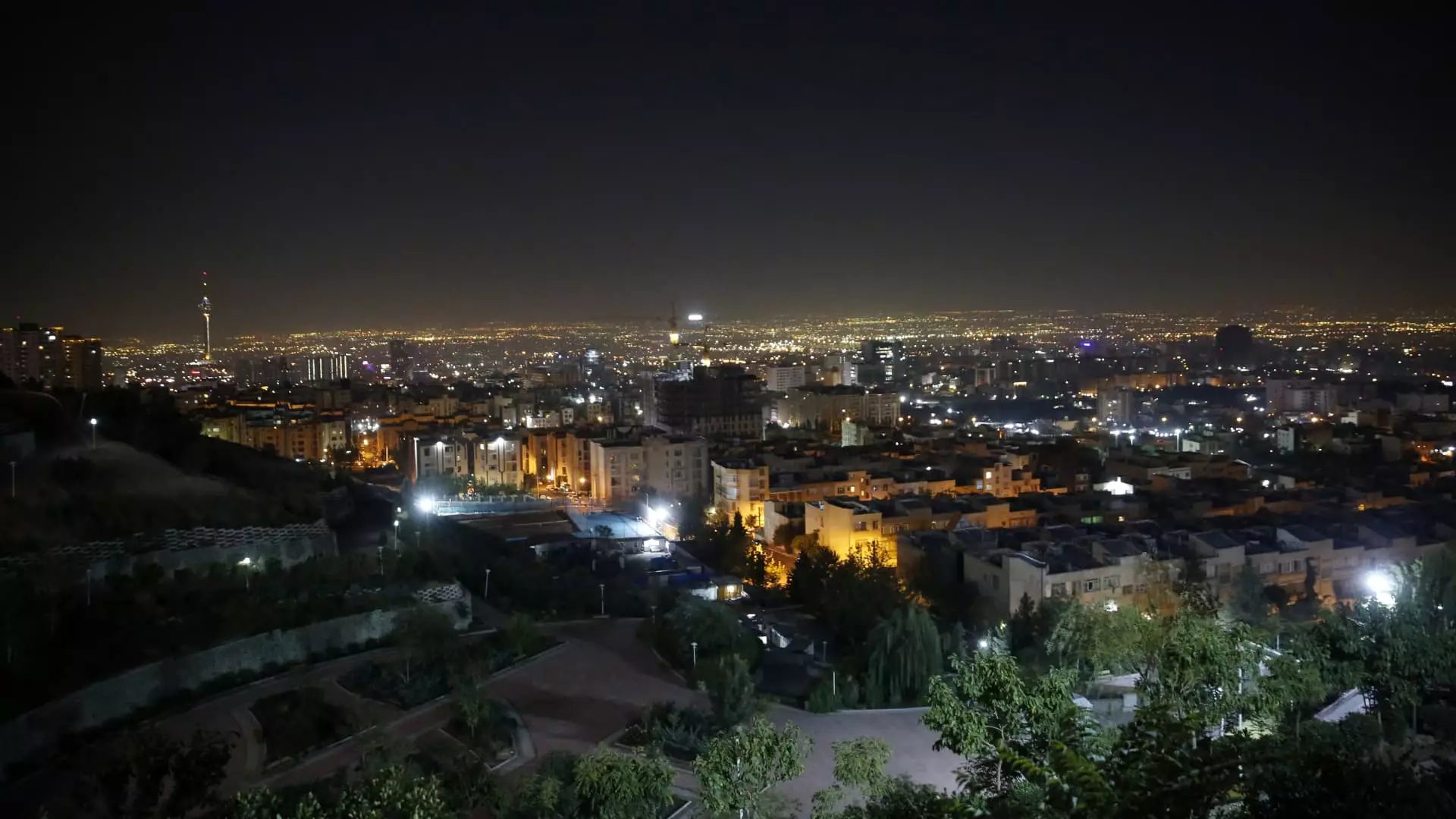In the early hours of Saturday, Israel executed aerial strikes targeting military installations in Iran. This military operation appears to be a response to an earlier Iranian missile attack. However, Israel’s recent actions strategically avoided hitting critical oil and nuclear facilities, seemingly in adherence to calls from global allies for de-escalation. The ongoing conflict in the region, exacerbated by the recent catastrophic violence in Gaza and Lebanon, poses significant risks of widening hostilities. While it is uncertain how Iran will react to these strikes, the potential for escalation remains a concern for neighboring nations and international powers alike.
The Israeli military reported that multiple squadrons of jets conducted three waves of airstrikes on missile manufacturing sites and associated military targets before dawn. Notably, Israel cautioned Iran against retaliating. Iranian air defenses purportedly thwarted parts of the attack; nevertheless, two Iranian soldiers lost their lives, and some locations experienced limited damage. Following the strikes, Iranian media emphasized a commitment to a “proportional reaction,” signaling that Iran intends to respond to Israel’s military actions, albeit in a measured manner.
The already tense relationship between Iran and Israel deteriorated sharply following the October 7, 2023, attack by Hamas, an Iranian-backed militant group. This incident ignited fears of further escalation since just days earlier, Iran had launched an attack involving 200 ballistic missiles aimed at Israel. The situation grew more precarious with the Israeli military’s ongoing operations against Hezbollah in Lebanon, Iran’s key ally in the region. Consequently, the prospect of a broader conflict compounding the existing chaos in Gaza and southern Lebanon raises alarms among international observers.
The international community is closely monitoring the aftermath of these strikes. The United States, Israel’s traditionally unwavering ally, has made clear its stance; despite its support, President Joe Biden has urged for restraint regarding attacks on Iran’s nuclear infrastructure. Washington’s position highlights the delicate balance of power in the region and reflects an understanding of the catastrophic implications of a full-scale war. U.S. officials, having been informed of the strikes in advance, reiterated that their involvement in Israeli operations would remain limited.
In parallel, regional players maintain a vigilant stance. Saudi Arabia, which recently softened its historically adversarial relationship with Iran, condemned the Israeli strikes as a breach of Iranian sovereignty and a violation of international law. This condemnation indicates a potential shift in regional alliances, even as diplomatic efforts towards a ceasefire in Gaza continue.
In this media-saturated age, narratives surrounding military conflicts play a pivotal role in shaping public opinion. Following the strikes, Iranian state media showcased images of normal activities resuming at Tehran’s Mehrabad Airport, which seemed aimed at alleviating fears and presenting an image of normalcy despite the tensions. This juxtaposition of fear and resilience is common in regions prone to conflict, where media outlets often craft narratives that suit nationalistic sentiments.
As regional tensions mount, the question persists: will Iran retaliate decisively, or will diplomatic interventions succeed in mitigating further conflict? The possibility of a retaliatory strike looms large, particularly as Iranian officials have expressed their resolve to defend national sovereignty. Simultaneously, both Israeli officials and American leaders appear hopeful that the most recent strikes could mark the end of direct hostilities—at least for now. However, should Iran decide to escalate its military actions, it could lead to a dangerous cycle of retaliation that might engulf the entire Middle East.
The recent Israeli airstrikes against Iranian military targets underscore an alarming level of tension between these two nations, set against a backdrop of broader regional conflict. As the world awaits Iran’s next move, it remains clear that peace and stability in the Middle East remain fragile, subject to the unpredictable nature of geopolitical relations.


Leave a Reply